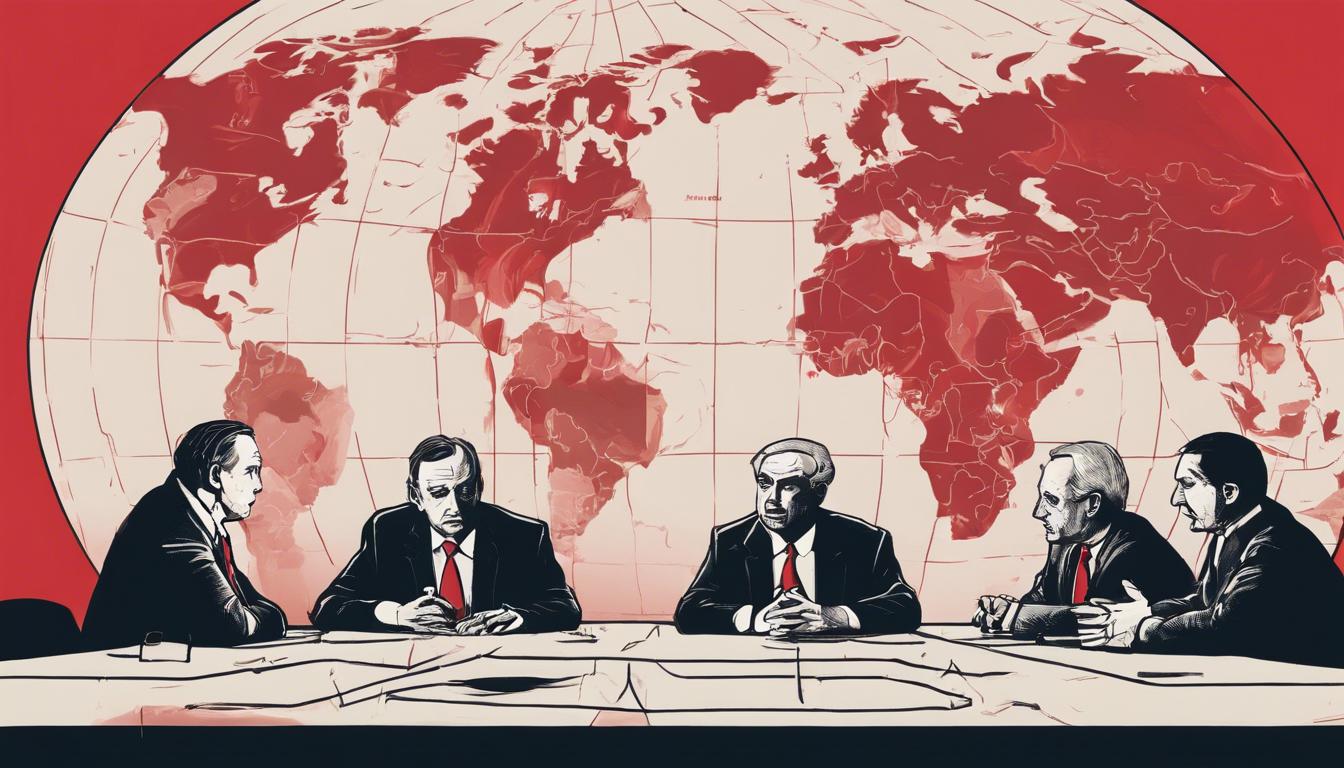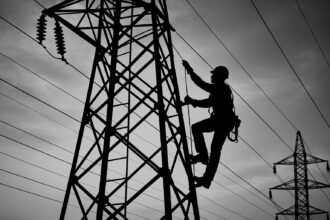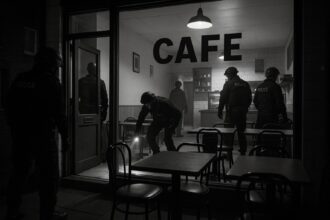The UN’s nuclear watchdog alarms over possible escalations in Iran and the ongoing danger at Ukraine’s Zaporizhzhia nuclear plant, reflecting increased threats to global safety.
The United Nations nuclear watchdog, led by Director General Rafael Grossi, has expressed concerns about potential attacks on Iran’s nuclear facilities in response to Iran’s recent assault on Israel. The International Atomic Energy Agency (IAEA) emphasized the need for restraint as tensions escalate. The US, while supporting Israel’s right to defend itself, has called for calm to prevent further escalation in the region. Amid these concerns, discussions on coordinated actions and potential sanctions against Iran are ongoing among G7 countries.
In a separate incident, the safety of Ukraine’s Zaporizhzhia nuclear power plant is under threat due to ongoing conflict-related attacks, reportedly orchestrated by Russia. The IAEA has warned of a severe escalation in nuclear danger following multiple strikes on the facility. International efforts are focused on de-escalating the situation to avoid a nuclear disaster.
Amid these global tensions, a British family found themselves stranded in Jordan due to cancelled flights following Iran’s attack on Israel. The situation illuminates the broader impact of regional conflicts on international travel and safety.
In Scotland, First Minister Humza Yousaf has criticized UK’s arms sales to Israel and called for diplomatic solutions over military responses, reflecting a push for de-escalation in the region. At the same time, the UK is under pressure to designate Iran’s Islamic Revolutionary Guard Corps as a terrorist organization, a move that could complicate diplomatic engagements with Tehran.
Additionally, a significant aid package for Ukraine is under consideration in the US, aiming to support Kyiv amidst ongoing Russian aggression and highlighting the interlinked nature of global security concerns.













